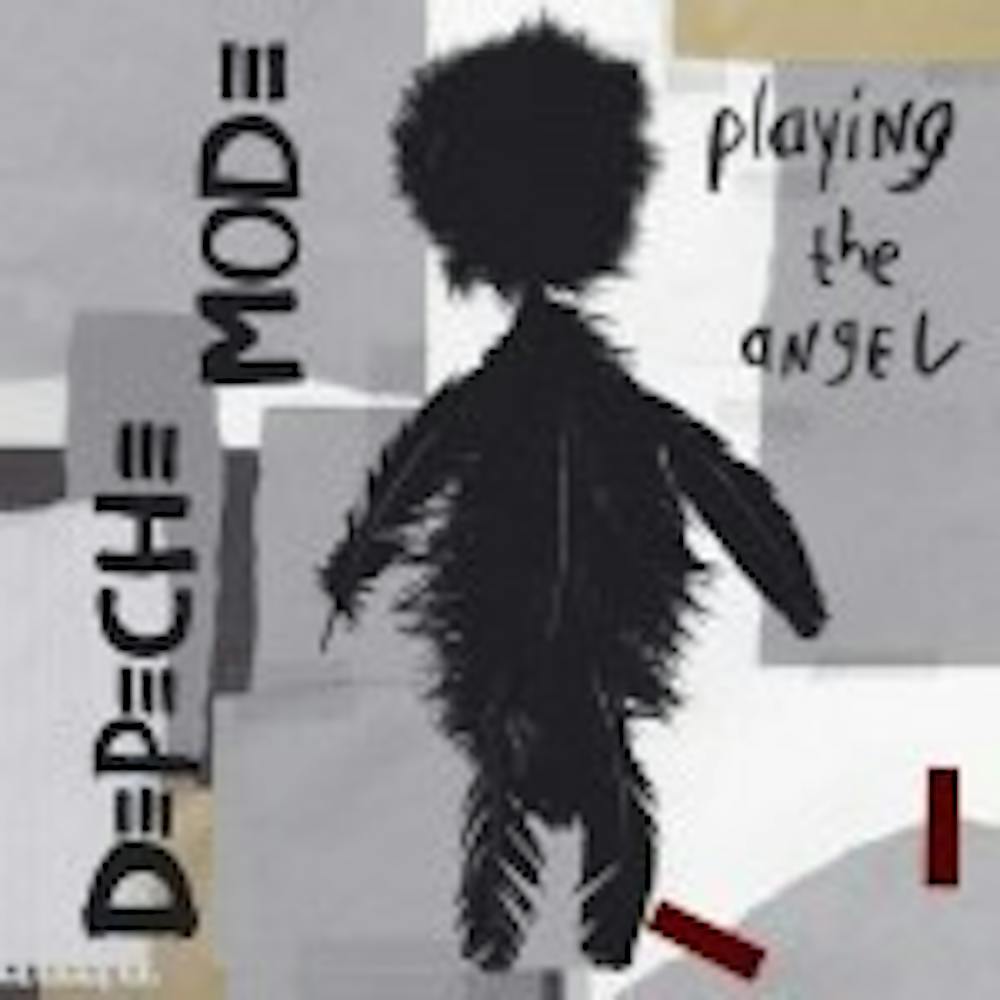Depeche Mode has been regarded as the quintessential British synth-pop group since the release of their first album "Speak and Spell" in 1981. Since then, they have remained a band that is as prolific as it is talented.
"Playing the Angel," released last week, sounds like it could have been recorded in 1990 at the band's peak. The quality of music is still there, despite the fact that the band has been consistently putting out records for the past 25 years.
Famous for songs like "Enjoy the Silence" and "Personal Jesus," Depeche Mode brings back the old sound with new tracks like "Precious" and "A Pain that I'm Used to."
"No mistaking the faking/ I care/ With a prayer in the air I will leave it there/ On a note full of hope/ Not despair," sings lead vocalist David Gahan on "A Pain that I'm Used to."
This album takes all of the best elements from their previous recordings and puts them together to create a sound that's not necessarily new but is enjoyable nonetheless.
On "Angel," the songwriting credits are shared between lead songwriter, guitarist and keyboard player Martin Gore and Gahan, who contributes three songs to this album with the rest written by Gore. The third member, keyboardist Andrew Fletcher, is also one of the band's managers.
It's not hard to tell the difference between the two songwriter's styles. Gore's songs sound like something that would be on any other Depeche Mode album complete with melodic synthesizer parts and catchy hooks, while Gahan's contributions sound much darker, using more dissonant chords.
The lyrical topics are much darker as well.
"An angel led me when I was blind/ I said take me back, I've changed my mind/ Now I believe/ From the blackest room, I was torn/ He called my name, a love was born," sings Gahan in "Suffer Well."
"Playing the Angel" is a solid addition to Depeche Mode's long list of great albums. Nothing is new or revolutionary, but each song can stand on its own. Depeche Mode should know how to play great synth-pop after 25 years, and this album confirms that.





